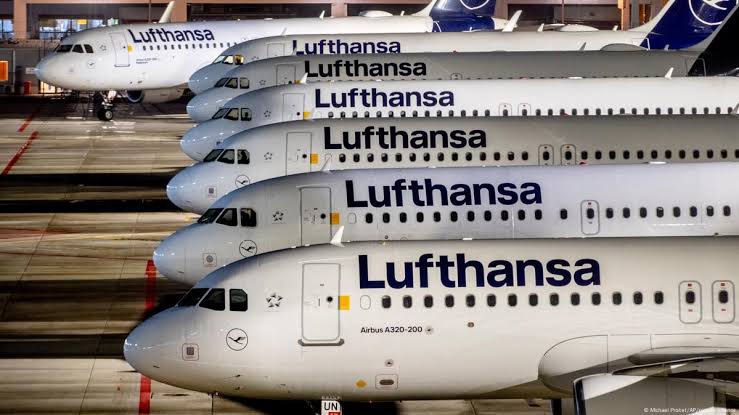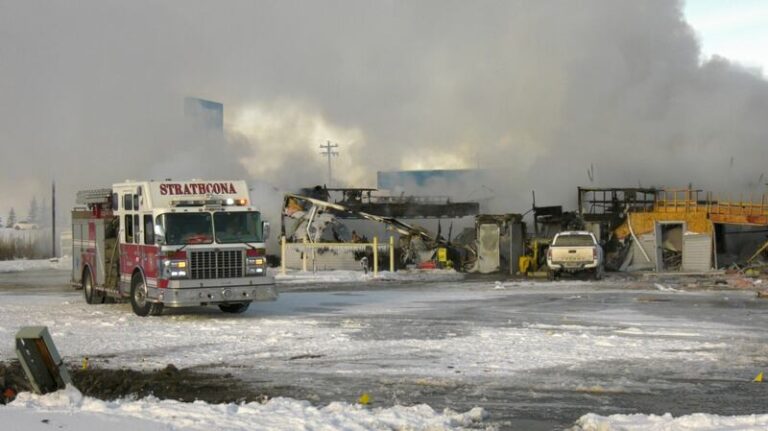Lufthansa Airlines Halt All Flight For 30 Hours Due To…



A gas station east of Edmonton near Ardrossan has been destroyed by fire. The Tempo service station on the south side of Highway 16 at Range Road 223 burned down on Sunday after a vehicle crashed into the back of the building and severed a natural gas line. The gas station, which also housed a…

Rola “prawej ręki” w administracji prezydenta Nawrockiego: ogólny przegląd Rola prawej ręki W każdej organizacji, a szczególnie w polityce, „prawa ręka” to osoba pełniąca funkcję głównego asystenta lub doradcy lidera. Osoba ta często otrzymuje znaczne uprawnienia i obowiązki, działając niejako jako przedłużenie władzy przywódcy. W kontekście administracji prezydenta Nawrockiego, prawa ręka prawdopodobnie odegra…

Prezydent Litwy zadzwonił do Nawrockiego. Wiadomo, o czym rozmawiali W ostatnich dniach doszło do rozmowy telefonicznej pomiędzy prezydentem Litwy Gitanasem Nausėdą a prezesem Państwowej Komisji Wyborczej w Polsce, Sylwestrem Marciniakiem oraz jego zastępcą – szefem Krajowego Biura Wyborczego, Tomaszem Nawrockim. To wydarzenie odbiło się szerokim echem w mediach politycznych, a jego kontekst i treść są…

Andrzej Duda podziękował obywatelom, którzy “pojawiają się na granicy, by wspierać polskie służby”. — Szkoda, że władze, rząd nie reaguje na to, ale mam nadzieję, że w końcu zareaguje. Nie możemy sobie pozwolić na to, aby prawo było łamane, aby brutalnie spychano migrantów na nasze ziemie — mówił prezydent. Donald Tusk zapowiedział, że jeszcze w…

Simona Halep, una dintre cele mai mari jucătoare de tenis pe care România le-a oferit vreodată lumii, a ajuns din nou în centrul atenției, de data aceasta nu pentru performanțele sale sportive, ci pentru un moment emoționant și extrem de uman. Apariția ei recentă în public, în care a izbucnit în lacrimi, a stârnit valuri…

Oczywiście! Oto pełne tłumaczenie poprzedniego tekstu na język polski — około 1000 słów na temat powołań doradców prezydenckich przez Karola Nawrockiego: — Karol Nawrocki powołuje swój zespół prezydencki Tło: Od historyka do prezydenta Karol Nawrocki, historyk o silnych konserwatywnych i patriotycznych poglądach, został wybrany kandydatem na prezydenta z ramienia Prawa i Sprawiedliwości (PiS) w listopadzie…